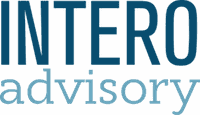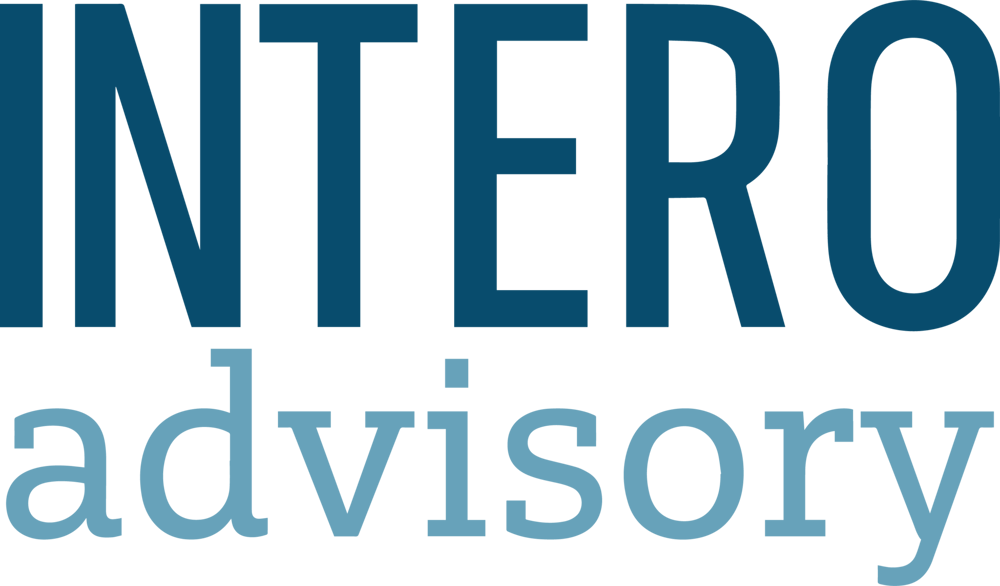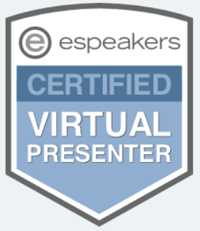Do you have hundreds of LinkedIn connections? Maybe just over 100? Whatever category you fit into, it’s important to ask yourself these questions: Do you know who each of those Connections are? Are they beneficial to keep in your network? Do they add value to your network?
Let’s be clear, LinkedIn is not Facebook where most people think it’s okay to friend request your sister-in-law’s mother’s ex-husband and his kids because you “know who they are.” Your LinkedIn connections should be people who add value to your network in some way. Yes, you can and you should be connected with all family and friends, but let’s refrain from connecting with that one person you went to kindergarten with who has 15 connections.
Take some time to review your network. Are there Connections that you need to rethink? Removing someone from your network is very simple and takes just a few steps.
- After logging into your LinkedIn account, click on “My Network” at the top of the page.
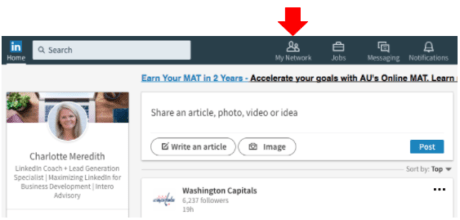
2. Click on “See All” under the number of connections you have.
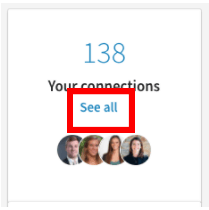
3. Scroll through your connections and when you come across a connection that you don’t feel you need to be connected to, or isn’t beneficial to you, click on the three dots next to the Message link to the far right, and remove the connection.
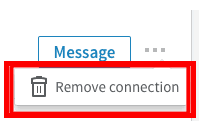
Being the largest professional network, use LinkedIn to your utmost benefit. Connect with meaningful people who will benefit your network and lead you to more quality people.
When requesting to connect with someone, or receiving a connection request, really think about how this person will impact your presence on LinkedIn. Do they have a large network? Have you worked with them? Did they send you a personal message in their connection request stating why they want to add you to their network? What are you going to include in your connection request message?
Always think long and hard about adding a new connection to your network. It’s more important than you think!
